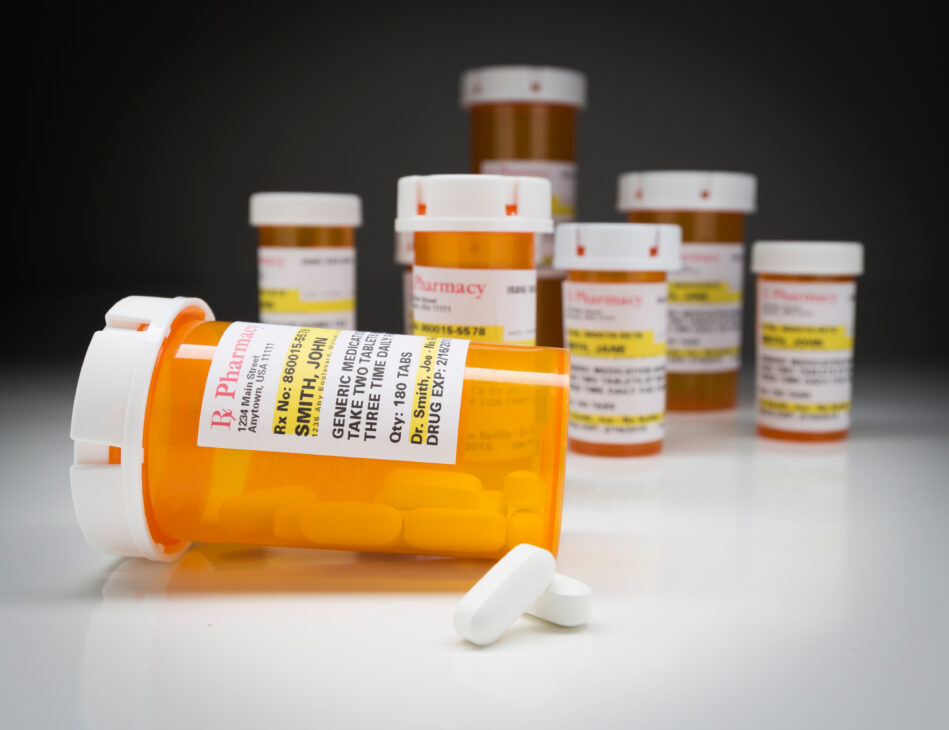Have you had a prescription checkup lately?
If you are a senior or if you take two or more medicines, a review of the medicines you take should be a standard part of your care. As your health changes, for better and for worse, the medicines you need to stay healthy will change too.
The health experts at the Lown Institute published a national action plan to address medication overload and the harms it causes. (All of the research and statistics in this article are courtesy of Lown Institute)
In 2018 five million seniors had to seek medical attention for adverse drug reactions and 280,000 seniors ended up in the hospital because of the medicines they were taking.
Here’s what happens at a prescription checkup:
- You and your doctor will inventory all the medicines, supplements and vitamins that you take, how often you take them and what they are supposed to do. So that there is no confusion, put them all in a bag and carry them with you to the appointment. Don’t depend on your doctor’s records or your memory.
- You’ll tell the doctor how the medicines are working for you, does one make you dizzy and another makes you feel bloated? Now is the time to bring this up, because you might be able to get rid of the side effects that bother you by taking the drug at different time of day or change it to one that has fewer side effects or eliminate it completely.
- Your doctor will make a plan based on your needs today. Perhaps you no longer need coumadin or if your weight has changed you might need a different dosage.
- A few weeks later you’ll follow up with your doctor to assess how the changes in your meds affected you and if you are better off or need some more adjusting.
Too many seniors — and everyone who takes medicines! — are harmed by the very drugs their doctor prescribed to help them get and stay well. Every medicine has a side effect. Each additional medicine increases the risk of a nasty drug interaction by 7 – 10%.
Some drug side effects, like dizziness, can lead to falls or confusion causing long-term damage. Tell your doctor so changes can be made to keep you healthy and happy.
When you make your next doctors appointment, mention that in addition to your physical, you need a prescription check up.






